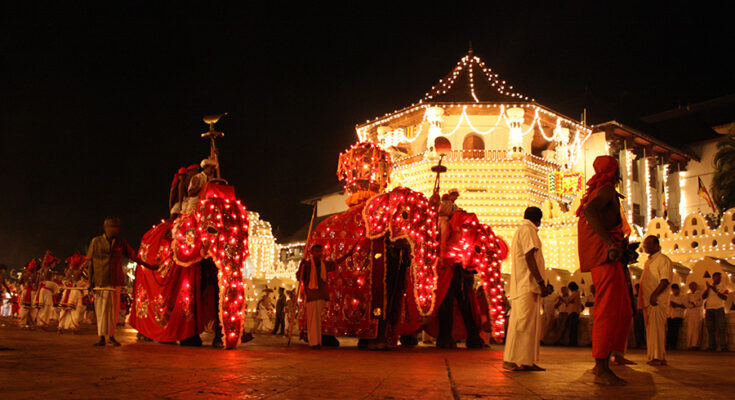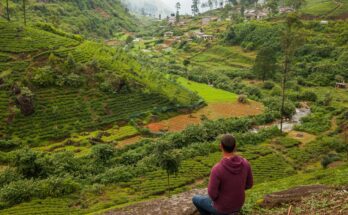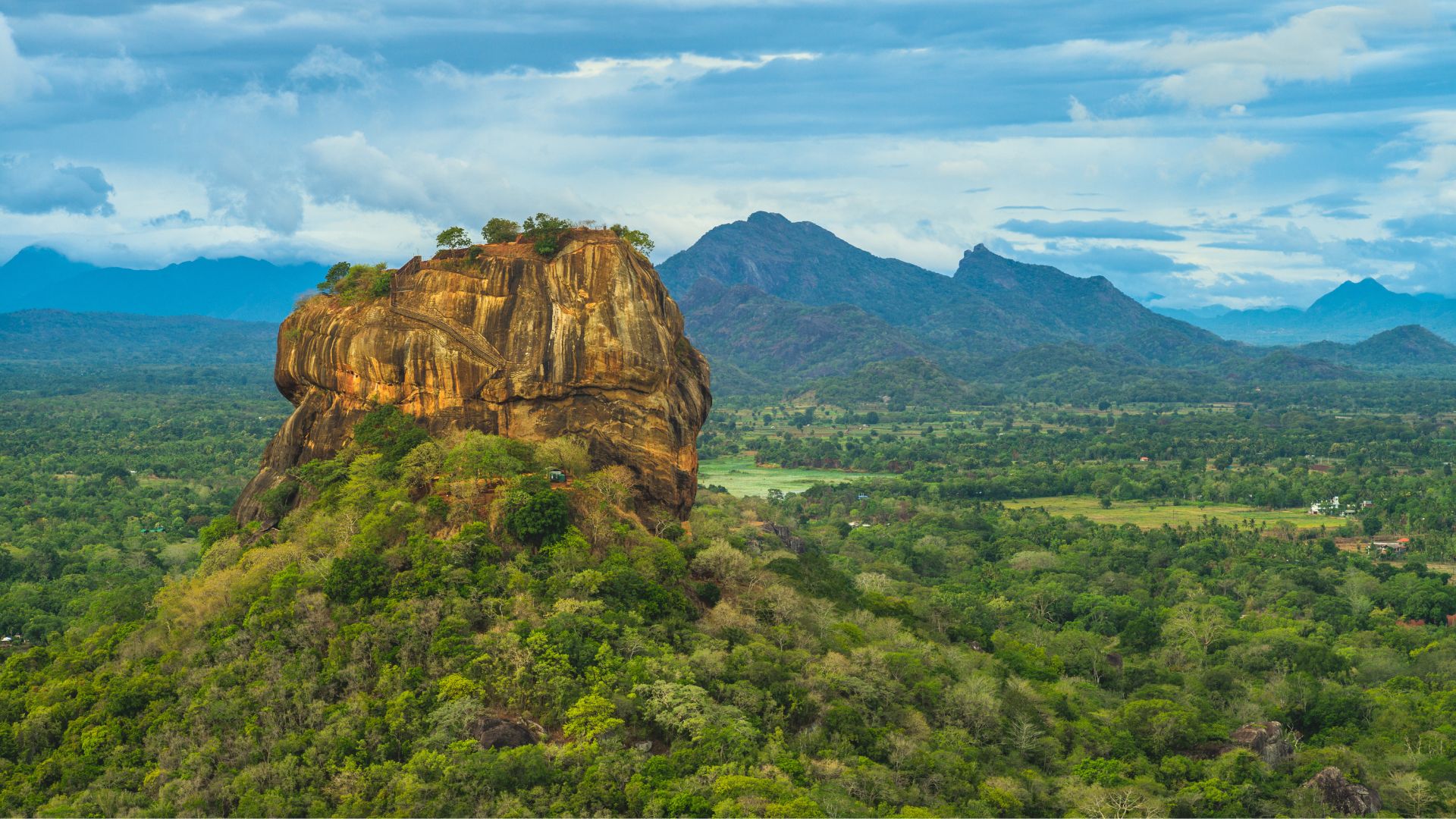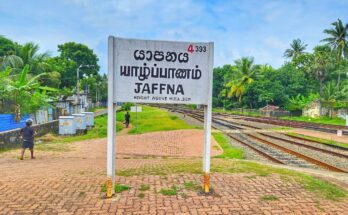Sri Lanka, an island steeped in history, is a land where culture, religion, and spirituality come together in vibrant celebrations. The country’s festivals, rooted in ancient traditions, are an integral part of the local identity, offering a glimpse into island’s rich heritage. From Buddhist rituals to Hindu celebrations, and from artistic performances to culinary feasts, Sri Lanka’s festivals provide a captivating journey into its diverse cultural and spiritual life. Whether you’re a history enthusiast, a cultural traveler, or simply looking for an immersive experience, Sri Lanka’s festivals are a wonderful way to discover the island’s soul.
Religious Festivals: A Spiritual Journey
Religious festivals in Sri Lanka are not only a time for celebration but also for reflection and spiritual renewal. One of the most important festivals is Vesak, which celebrates the birth, enlightenment, and passing of the Buddha. During Vesak, which falls on the full moon day in May, the streets are adorned with beautiful lanterns, and temples are lit with oil lamps. Devotees engage in acts of charity, offering food to the less fortunate, and observing a variety of religious rites. The air is filled with a sense of peace and devotion, as Buddhists across the island commemorate this important event.
Another significant religious festival is the Kandy Esala Perehera, which takes place in Kandy in July or August. This grand procession, considered one of the most spectacular in Asia, celebrates the sacred tooth relic of the Buddha. The procession includes elaborately decorated elephants, dancers, drummers, and fire-eaters. Pilgrims and tourists alike flock to Kandy to witness the mesmerizing procession, which is a blend of religious devotion, cultural heritage, and spectacular artistry.
The Hindu community in Sri Lanka also celebrates various important festivals, with Navaratri being one of the most significant. This 10-day festival honors Goddess Durga, symbolizing the victory of good over evil. During Navaratri, temples are decorated with vibrant flowers, and devotees perform prayers, dances, and rituals. The festival culminates in Vijayadashami, a day that marks the triumph of the goddess and is celebrated with much fanfare in the Tamil communities.
Cultural Celebrations: A Taste of Art and Literature
Sri Lanka’s cultural festivals are a feast for the senses, offering an opportunity to experience the island’s art, literature, and fashion. One of the most anticipated events is the Galle Literary Festival, held annually in the historic town of Galle. Writers, poets, and intellectuals from around the world gather to engage in discussions, workshops, and readings. This event draws attention not only for its literary offerings but also for the beauty of the UNESCO-listed Galle Fort, which serves as the backdrop for many festival activities.
Similarly, Colombo Fashion Week is another event that showcases the island’s growing fashion scene. Designers from Sri Lanka and around the world display their latest collections, promoting Sri Lankan fashion on the global stage. These events are an ideal reflection of the island’s dynamic fusion of tradition and modernity.
Traditional Arts and Performances: A Living Heritage
No festival in Sri Lanka is complete without the captivating performances of traditional dance and music. The Kandyan dance, known for its energetic movements and colorful costumes, is often performed during religious and cultural events. This dance form is accompanied by rhythmic drumming, creating an atmosphere of intensity and excitement.
Another important dance form is the Low Country dance, which is widely practiced in the southern coastal areas. This style of dance is characterized by its graceful movements and spiritual significance, often performed during temple festivals. Along with dance, traditional drumming forms, such as Geta Beraya, add rhythm and soul to many Sri Lankan celebrations.
The island also boasts a rich heritage of ritualistic theatre. The Kolam dance, which involves masked performances, and the Ritual of the Gods, a form of sacred theatre, bring to life the stories of Sri Lanka’s ancient myths and legends.
Culinary Feasts: The Heart of Every Celebration
Food plays a central role in Sri Lanka’s festivals, with a diverse array of dishes that showcase the island’s culinary heritage. Sinhala and Tamil New Year, celebrated in April, is a prime example. The festival marks the end of the harvest season, and families come together to prepare a variety of traditional sweets. Kavum (oil cakes), kokis (crispy fried treats), and kiribath (milk rice) are served to guests and neighbors as a symbol of good luck and prosperity.
During Vesak, the streets are lined with food stalls offering a range of simple yet delicious dishes. The act of sharing food with others, particularly with the less fortunate, is an important aspect of this festival, emphasizing the values of generosity and compassion.
Pongal, celebrated by the Tamil community, is another festival focused on food, where families prepare a special dish of rice boiled with milk and sugar. This sweet dish, called Pongal, is offered to the sun god as a token of gratitude for a bountiful harvest.
The Spirit of Unity: Family and Community Celebrations
Sri Lanka’s festivals are not just a time for individual celebration but also an opportunity for families and communities to come together. During the New Year celebrations, families gather to perform traditional rituals, exchange gifts, and enjoy festive meals together. The focus on family and community during these times highlights the strong social fabric that binds Sri Lankan society.
Similarly, during the Kandy Esala Perehera, local communities from different regions of Sri Lanka come together to participate in the procession. It’s a collective celebration of culture, faith, and history that transcends individual differences and fosters a sense of unity and national pride.
Conclusion : A Living Tradition
Sri Lanka’s festivals are a vibrant and integral part of the island’s culture, offering visitors an authentic glimpse into its rich history and traditions. From religious observances to cultural celebrations and communal feasts, these festivals provide an unforgettable experience that connects people to the island’s spirit. Whether you’re seeking spiritual enlightenment, artistic expression, or simply a taste of Sri Lankan hospitality, the country’s festivals offer something for everyone, making them a truly unmissable part of any Sri Lankan journey.



